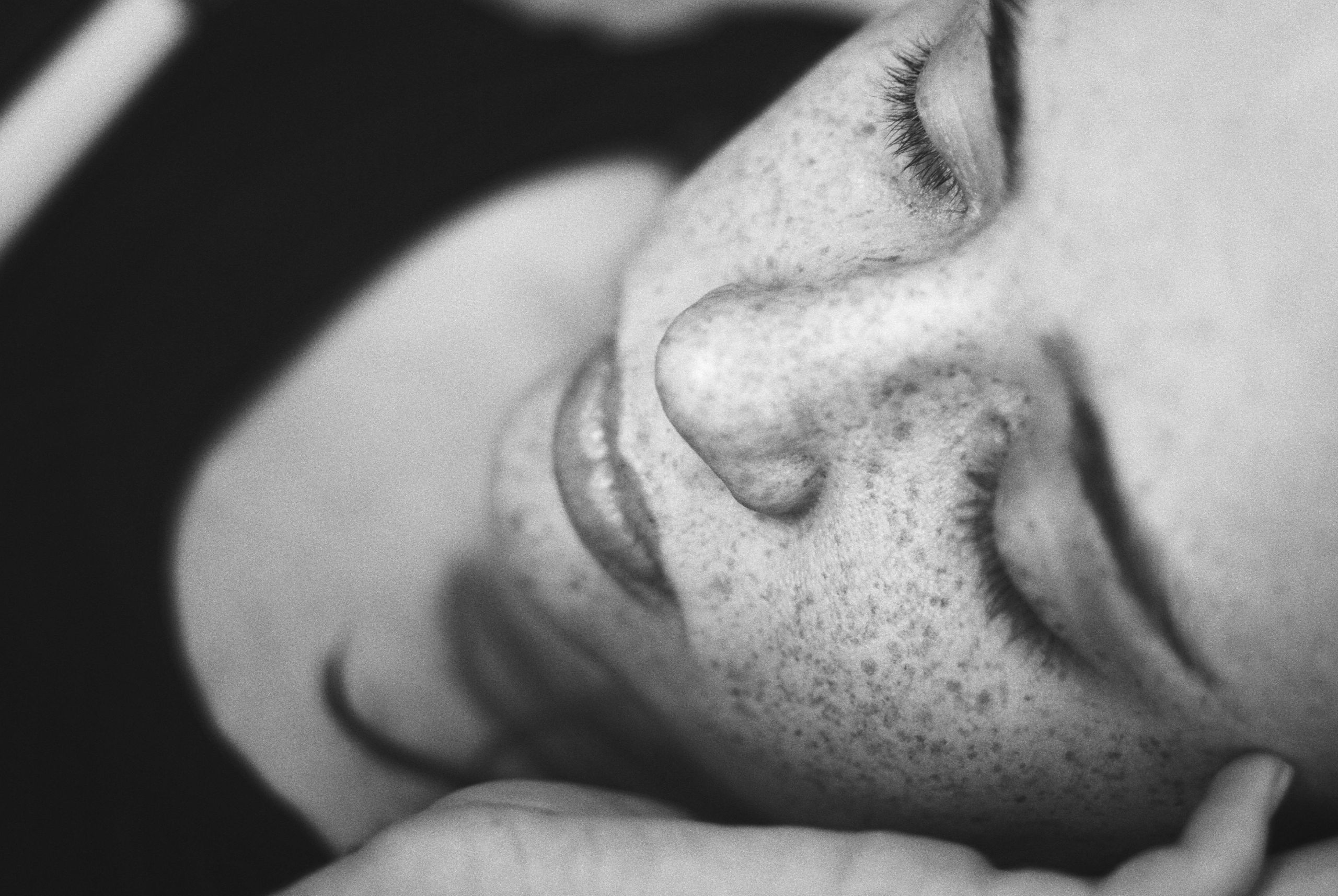How to have a merry Christmas without migraines
The frequency and intensity of migraines often increase during the holiday season. Suddenly, your calendar is packed with social obligations, shopping, baking, and maybe even playing Elf for the kids.
Christmas can be a magical time of year, but it can also leave you stuck in a dark room with a pounding migraine. To help you avoid spending the holidays battling migraines, here are some useful tips.
Avoid migraine trigger foods
One of the best things about Christmas is the delicious food and drinks. Unfortunately, for some migraine sufferers, certain foods and beverages can trigger attacks. Identifying your personal triggers can be challenging, but some common culprits include caffeine, citrus fruits, aspartame, cheese, and alcohol. If you’re unsure of your specific triggers, try keeping a Migraine Calendar to track what you eat and drink. Read more about how to identify food and drink triggers here.
If you want to enjoy alcohol during the holidays, opt for clear spirits like vodka or gin, as dark alcoholic beverages such as red wine, beer, and whiskey are more likely to trigger migraines. Drinking water alongside alcohol can help counteract dehydration, a known migraine risk. If possible, stop drinking 1–2 hours before bedtime to avoid sleep disturbances. I also find that drinking electrolytes before bed helps reduce the chances of waking up with a migraine.
Be selective regarding Christmas events
The holiday season is typically packed with social gatherings, which can disrupt your usual routine. For many migraine sufferers, consistent sleep, regular meals, and exercise are key to keeping headaches at bay. At the same time, you don’t want to miss out on festive activities.
Be selective about which events you attend. If you plan to participate in multiple gatherings, schedule short breaks in a quiet area or step outside for fresh air. Close your eyes for a few moments, take deep breaths, or stretch to help reduce tension.
Also, don’t forget to bring a migraine survival kit with essentials like triptans, pain relievers, an energy drink, and ginger candies (for nausea). Being prepared can make all the difference.
Avoid migraine triggers – do the Christmas shopping online
Crowded shopping malls, long lines, loud music, and overwhelming scents—sound familiar? While some people enjoy Christmas shopping, for others, it’s a migraine minefield. If loud noises, bright lights, or strong fragrances trigger your migraines, consider shopping online or completing your holiday purchases early, preferably in November when stores are less crowded.
Shopping online is a less stressful experience with fewer potential triggers, and best of all, you can do it from the comfort of your home.
Ask for help
It’s easy to overextend yourself during the holidays. The long to-do list – decorating, baking, shopping, wrapping gifts etc – can quickly become overwhelming. Since stress is a well-known migraine trigger, try to limit how much you take on.
Most importantly, don’t be afraid to ask for help! Delegate tasks whether is baking cookies, picking out the Christmas tree, or wrapping presents. While it can be hard to let go of control, prioritizing your well-being is essential.
Remember self care
One of the best ways to prevent migraines during Christmas is by practicing self-care. A crucial part of this is getting enough sleep. Poor sleep can increase brain sensitivity to pain and disrupt blood flow, increasing the odds of a migraine attack.
Besides sleep, try to stick to your normal routines as much as possible, including regular meals and exercise. If you experience exercise-induced migraines, check out these practical solutions to help you stay active without triggering an attack.
By planning ahead, asking for help, and being kind to yourself, you can enjoy Christmas without migraines.
If your migraine frequency increases during the holidays, keep track of your days in a Migraine Calendar to identify possible triggers and make adjustments for the future.

About the author: Linda C.
I have been suffering from chronic migraines and headaches for more than 20 years so unfortunately, I know a thing or two about migraines.
I hope that by sharing knowledge and insights about migraine, you can manage the disorder more efficiently.



